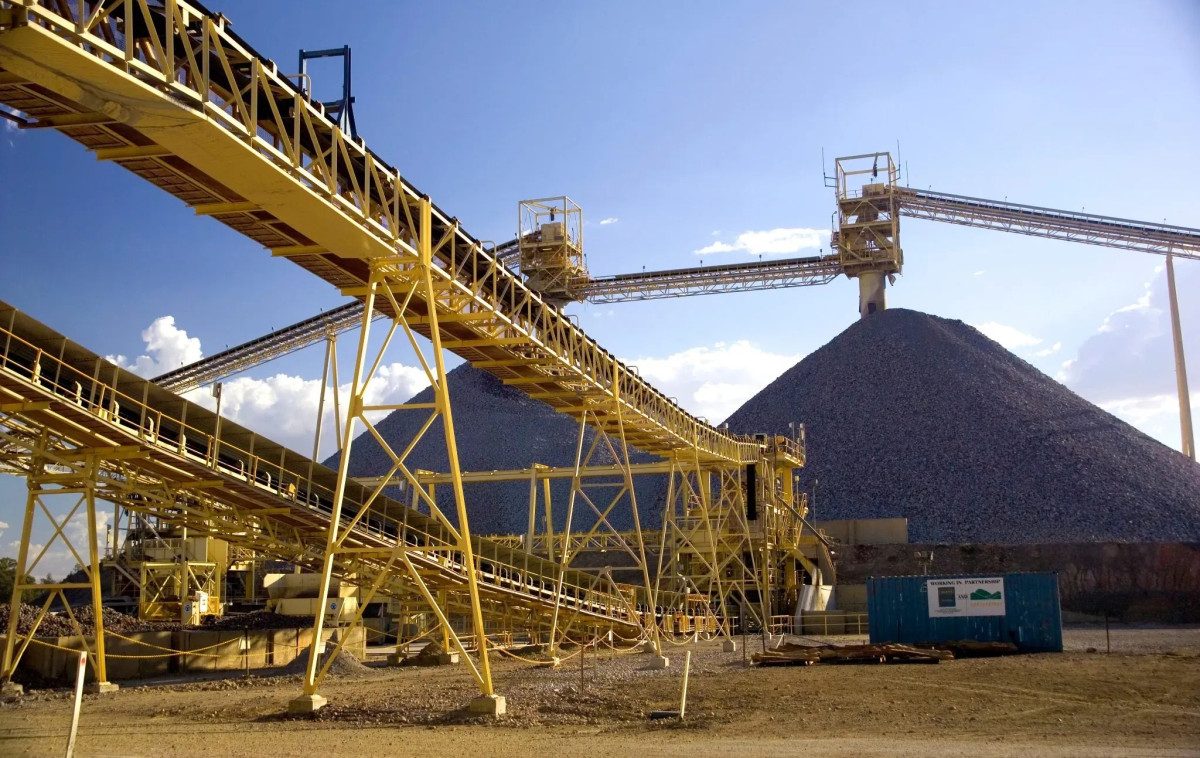A new white paper from Omnii has emerged, shedding light on the critical fire risks faced by mining and industrial facilities. The document argues that merely achieving compliance with existing regulations is not enough to ensure the safety of personnel and the integrity of operations. Instead, it advocates for a more comprehensive approach that includes robust fire engineering and proactive fire services.
Mining and industrial sectors are inherently hazardous environments where the potential for fire incidents is significant. These facilities often handle flammable materials, operate heavy machinery, and maintain complex processes that can lead to fire outbreaks. The consequences of such incidents can be devastating, resulting in loss of life, injuries, and extensive damage to property. Furthermore, the financial implications can be severe, with potential losses running into millions of dollars, not to mention the long-term damage to an organization's reputation.
The white paper emphasizes that compliance with fire safety regulations is a necessary but insufficient measure. While regulations are designed to provide a baseline level of safety, they do not account for the unique risks associated with each facility. The authors argue that organizations must go beyond compliance to truly protect their assets and personnel. This involves investing in advanced fire engineering practices that assess and mitigate risks specific to their operations.
Fire engineering is a discipline that focuses on understanding fire behavior and designing systems to prevent and control fires. It encompasses a range of activities, from risk assessment and fire modeling to the design of fire protection systems. By employing fire engineering principles, organizations can identify vulnerabilities in their operations and implement tailored solutions that enhance safety. This proactive approach not only helps in preventing fires but also minimizes the impact should an incident occur.
In addition to fire engineering, the white paper highlights the importance of proactive fire services. These services include regular inspections, maintenance of fire protection systems, and training for personnel on fire safety protocols. By establishing a culture of safety and preparedness, organizations can ensure that their employees are equipped to respond effectively in the event of a fire. This not only protects lives but also safeguards the organization's assets and reputation.
The authors of the white paper stress that the responsibility for fire safety extends beyond compliance officers and safety managers. It is a shared responsibility that involves all levels of an organization, from executives to frontline workers. Leadership must prioritize fire safety and allocate resources to develop comprehensive fire safety strategies. This commitment to safety can foster a culture where employees feel empowered to report hazards and participate in safety initiatives.
Moreover, the white paper discusses the evolving landscape of fire safety regulations. As industries change and new technologies emerge, regulations are also adapting. Organizations must stay informed about these changes and be prepared to adjust their fire safety practices accordingly. This requires ongoing education and training for staff, as well as regular reviews of fire safety policies and procedures.
The white paper also addresses the financial implications of inadequate fire safety measures. Organizations that experience fire incidents often face significant costs, including property damage, legal fees, and potential fines for non-compliance. Additionally, the loss of productivity and the impact on employee morale can have long-lasting effects on an organization's bottom line. By investing in fire engineering and proactive fire services, organizations can mitigate these risks and protect their financial interests.
In conclusion, the new white paper from Omnii serves as a wake-up call for mining and industrial facilities. It challenges the notion that compliance is sufficient for fire safety and advocates for a more comprehensive approach that includes robust fire engineering and proactive fire services. By prioritizing fire safety and investing in tailored solutions, organizations can protect their personnel, assets, and reputation from the devastating consequences of fire incidents. The message is clear: compliance is just the beginning, and a proactive approach to fire safety is essential for safeguarding the future of mining and industrial operations.
Learn more on https://omnii.com.au/fire-risk-management-mining/




